Plenary Speakers
All plenary talks will take place in the Fisher & Paykel Auditorium, 260-115, with overflow to room 260-098. You can also download a copy of the plenary title and abstracts. Videos of the plenaries are available here https://www.youtube.com/@JointmeetingNZPlenaries.
Butcher-Kalman Lecture
Dr Yunupingu Lecture
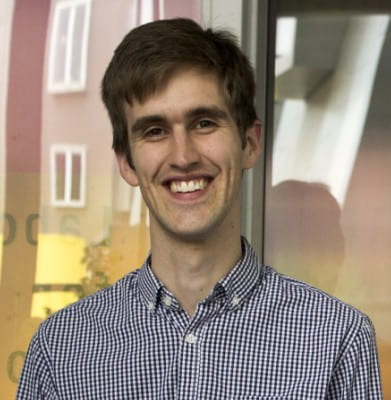
James Saunderson
Monash University
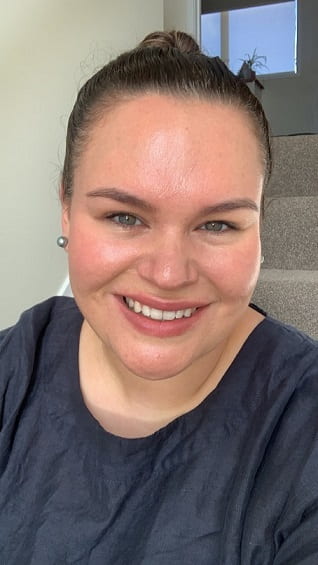
Rachael Ka'ai-Mahuta
Auckland University of Technology
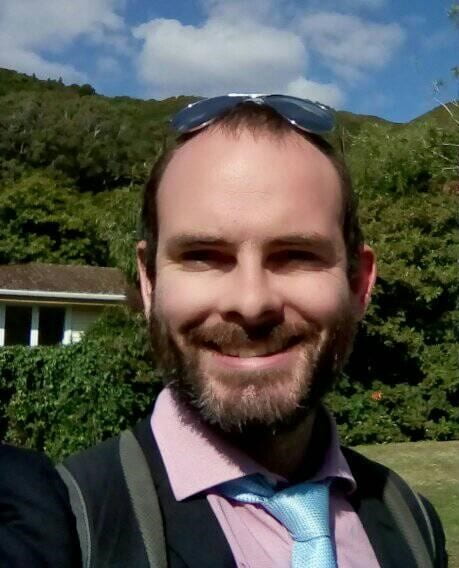
Michael Miller
Victoria University of Wellington
Around the generalised Lax conjecture
Monday 9 December: 11:30-12:20
Hyperbolic polynomials are multivariate polynomials with certain real-rootedness properties. Originally studied in the context of PDEs, these polynomials also arise naturally in areas such as optimisation and combinatorics. Associated with a hyperbolic polynomial is a convex geometric object called a hyperbolicity cone. Important special cases include polyhedral cones, the humble ice-cream cone, and the cone of symmetric positive semidefinite matrices.
The generalised Lax conjecture asserts that every hyperbolicity cone is the intersection of a cone of positive semidefinite matrices with a linear space. This is known to be true in three dimensions, a result of Helton and Vinnikov, but is open in general. This talk aims to introduce these objects and ideas and survey a selection of recent results that are related, in various ways, to the generalised Lax conjecture.
James Saunderson is a Senior Lecturer in the Department of Electrical and Computer Systems Engineering at Monash University. He received a PhD in Electrical Engineering and Computer Science from MIT (2015), and undergraduate degrees in Mathematics and Electrical Engineering from the University of Melbourne (2008). With Hamza Fawzi and Pablo Parrilo, he was awarded the 2020 SIAM Activity Group on Optimization Best Paper Prize, and was the recipient of an Australian Research Council Discovery Early-Career Researcher Award (DECRA). His research interests lie in mathematical optimisation and its applications.
Te ara o te reo Māori: Modelling the trajectory of the Māori language
Thursday 12 December: 10:30-11:20
Te reo Māori (the Māori language) is the language of the Indigenous people of Aotearoa New Zealand, however, the number of speakers of this language has undergone a decline since colonisation. As part of the movement to revitalise the Māori language, various interventions have been suggested and put into practice over the past few decades, such as introducing Māori language week, and the establishment of Kohanga Reo pre-schools (immersion-based “language nests”). In recent years, the New Zealand Government has released a series of goals for the language, including the audacious goal of achieving one million Māori language speakers by 2040. However, the likelihood of achieving the Government’s goals remains uncertain. In this presentation, we introduce the context (historical and contemporary) for the need to model the language, before presenting a compartmental ODE model to analyse the trajectory of the Māori language, in terms of the number of speakers at different levels of proficiency. By incorporating existing data on language proficiency and usage, the model will evaluate the future trajectory of the prevalence of the language. We will show how this model can be used to inform strategies for achieving the goal of one million speakers by 2040, and whether achieving this goal gives a reliable indicator that the language is on the trajectory to recovery.
Dr Rachael Ka’ai-Mahuta is Māori (Ngāti Porou, Ngāi Tahu), Hawaiian, Cook Island Māori, and Sāmoan. She is an Associate Professor in Te Ipukarea Research Institute. Rachael has a background in te reo Māori, Māori culture and traditions, and Indigenous politics. Rachael holds a Bachelor of Arts with Honours (First Class) and a Master of Arts (with Distinction) from the University of Otago, and a Doctorate from AUT. She is a graduate of Te Panekiretanga o te Reo (Institute of Excellence in the Māori Language) and holds the Te Taura Whiri i te Reo Māori Certificate of Competency in Interpreting and Translating the Māori Language.
Michael is currently pursuing his PhD at Te Herenga Waka – Victoria University of Wellington. He gained his Master of Science in Physics at Victoria University of Wellington, with a thesis that focussed on mathematically modelling gravitational microlensing events. After completing his Master of Science, he worked for several years as an educator, teaching mathematics and physics at secondary school and polytechnic levels. Michael has genealogical affiliations to Ngāti Tūwharetoa.
Hanna Neumann Lecture

Svitlana Mayboroda
University of Minnesota and ETH Zurich
The hidden structure of disorder as seen by waves and minimizers
Friday 13 December: 9:10-10:00
The talk will concentrate on the effect of interior disorder and boundary irregularity of the behaviour of waves, minimizers, and Brownian travelers. The waves see geometric obstacles differently than the particles. The Brownian travelers might land only on a small subset of the boundary. What is the picture that they secretly recognize and obey? We shall discuss a range of phenomena, from wave localization in disorder to air transport in a lung, and underlying mathematical challenges and techniques.
Svitlana Mayboroda is the McKnight Presidential Professor of Mathematics at the University of Minnesota and Professor of Mathematics at ETH Zurich. Her work lies at the interface between partial differential equations, analysis, and geometric measure theory, and has enjoyed wide ranging applications in condensed matter physics, cold atoms systems, research and engineering of organic and nonorganic semiconductor materials and devices. Her work has been recognized by Alfred P. Sloan Research Fellowship, NSF CAREER award, AWM-Sadosky Prize in Analysis, US National Blavatnik Award, and Stein Prize for New Perspectives in Analysis. She was an ICM speaker in 2018 and is a Fellow of the American Mathematical Society. She is the founder and the Director of the Simons Collaboration on Localization of Waves.
Public Lecture
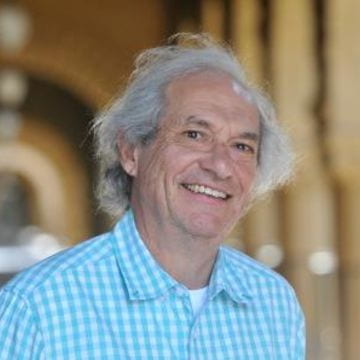
Persi Diaconis
Stanford University
The mathematics of solitaire
Tuesday 10 December: 18:00-19:00
People play ‘ordinary solitaire’ (Klondike) millions of times a day. Yet, we mathematicians can’t figure out ‘what is the chance of winning?’ or ‘how can I play well?’
Indeed, even the chess and go playing programs ‘Alpha zero’ can’t solve these problems (thank goodness that there are some things the computer can’t do). I’ll introduce an easier solitaire where we can figure things out. The math involved is some of the deepest of the past 50 years. It has applications to the way fire burns and the rings left by coffee cups. AND of course, it’s beautiful in its own right. I’ll try to explain all to a general audience ‘in English’.
Persi Diaconis is Professor of Mathematics and Statistics at Stanford University. He specializes in the study of randomness; are tosses of a coin really random? How many times should a deck of cards be mixed to really mix it up? How about picks from the lottery? This study involves areas like probability, combinatorics, and group theory along with practical statistical study of the real world. He is well known for his ability to explain abstract ideas ‘in English’. This perhaps aided by his ten years on the road as a professional magician. An early Macarthur winner, he is a member of the US National Academy of Science.
General Plenary Speakers
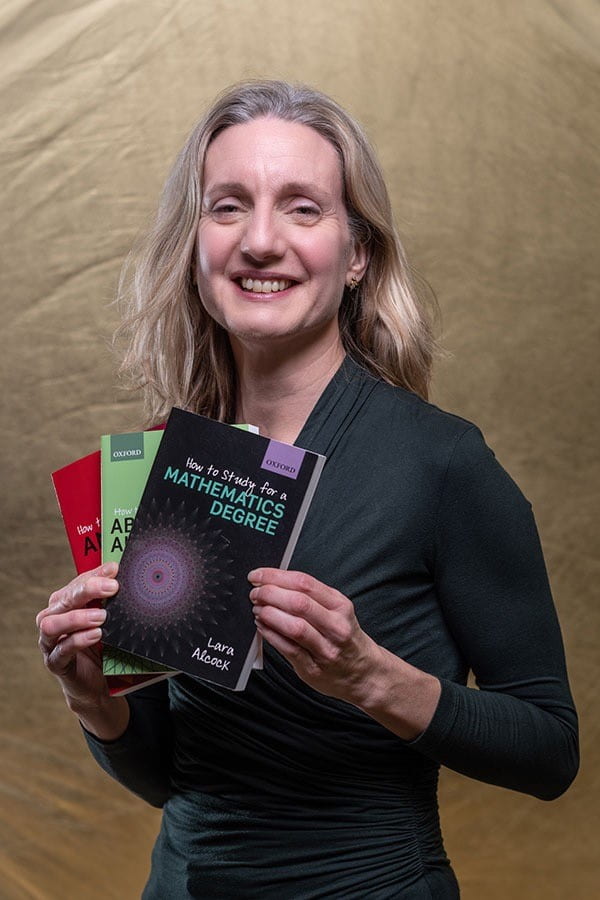
Lara Alcock
Loughborough University
Reasoning about Mathematical ‘If-Then’ Statements
Friday 13 December: 10:30-11:20
Mathematics routinely uses ‘if-then’ statements to express theorems and conjectures, stipulating that a proposition ‘if A then B’ is false only if A is true and B is false. Everyday language routinely uses ‘if-then’ statements too, but there interpretations depend upon content and context. What does this mean for mathematics students? How do they interpret and reason with the conditionals they meet in undergraduate mathematics?
This talk will shed light on this question, presenting empirical data from studies involving mathematical versions of conditional reasoning tasks used in cognitive psychology. It will also provide attendees with an opportunity to reflect upon whether professional mathematicians’ reasoning is always as ‘logical’ as we might think, and on how logical reasoning develops with mathematical expertise.
Lara Alcock studied for a BSc and MSc in Mathematics and a PhD in Mathematics Education at the University of Warwick. She then worked at Rutgers (USA) and at Essex (UK) before taking up her present position at Loughborough (UK) in 2007. She teaches undergraduate mathematics and conducts research on undergraduate mathematics education, focusing on issues of learning at the transition to proof. She is currently working on a Leverhulme Research Fellowship on logical reasoning in mathematics students. She is author of the popular mathematics book Mathematics Rebooted and three research-based study guides for mathematics students: How to Study for a Mathematics Degree, How to Think about Analysis, and How to Think about Abstract Algebra.
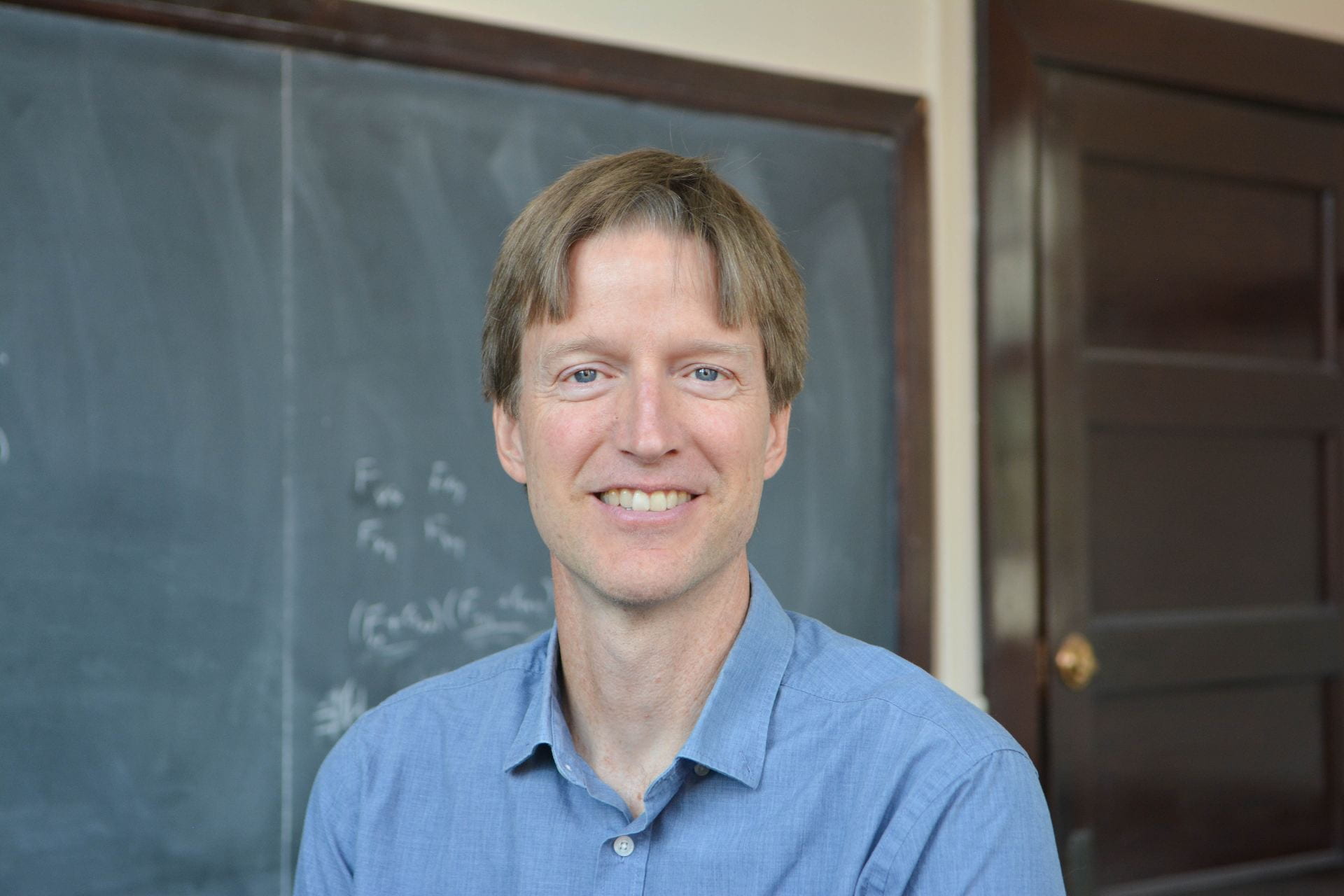
Richard Kenyon
Yale University
This is a story of how representation theory interacts with statistical mechanics
Wednesday 11 December: 9:10-10:00
The dimer model is a classical model of statistical mechanics, involving the study of random perfect matchings (dimer covers) of a graph. When the graph is planar, determinantal and other linear algebra techniques can be used to compute many quantities of probabilistic interest.
We extend this model to planar graphs with a GL(n) connection, showing how the associated determinant enumerates traces of “multiwebs”, which are representation-theoretic objects.
All terms will be defined, and some applications will be discussed.
Richard Kenyon received his Ph.D. from Princeton University in 1990 under the direction of William Thurston. After a postdoc at IHES, he held positions at CNRS in Grenoble, Lyon, and Orsay and then became professor at UBC, Brown University and then Yale where he is currently Erastus L. Deforest Professor of Mathematics.
He was awarded the CNRS bronze medal, the Rollo Davidson prize, the Loève prize. He is a member of the American Academy of Arts and Sciences, and is a Simons Investigator.
Eamonn O'Brien
University of Auckland
Effective algorithms for linear groups: success and challenges
Monday 9 December: 10:30-11:20
Matrix groups defined over finite fields arise in many contexts, perhaps most naturally in representation theory, a fundamental area of research. Despite their ubiquity, we have long faced a paucity of effective algorithms for their study.
In this lecture I will survey a long-running and highly successful program designed to address this need. It exploits randomization, deep results from the classification of finite simple groups, and remarkable estimates from the relatively new discipline of statistical group theory to provide algorithms which answer many natural geometric and structural questions about such groups. These algorithms have well-understood complexity and demonstrate practical efficiency.
A striking outcome is that, subject to the existence of certain number-theoretic oracles, we can now construct in polynomial time the composition factors of a linear group. The work also has important implications for groups defined over infinite domains. I identify how we can use this machinery to exploit theoretical solutions to long-standing questions, and mention some challenging open questions.
Eamonn O’Brien is Professor of Mathematics at the University of Auckland.
His research is in group theory, with a particular focus on the development, implementation and application of effective algorithms for its study. Many of his research outputs are incorporated into the leading computational algebra systems GAP and Magma.
Eamonn obtained his PhD from the Australian National University in 1988. He was a Research Fellow at the ANU and a Humboldt Research Fellow at RWTH University of Aachen before joining Auckland in 1997.
Elected a Fellow of the Royal Society of New Zealand in 2009 and awarded its 2020 Hector Medal, he is a recipient of a 2024 Humboldt Foundation Research Award.
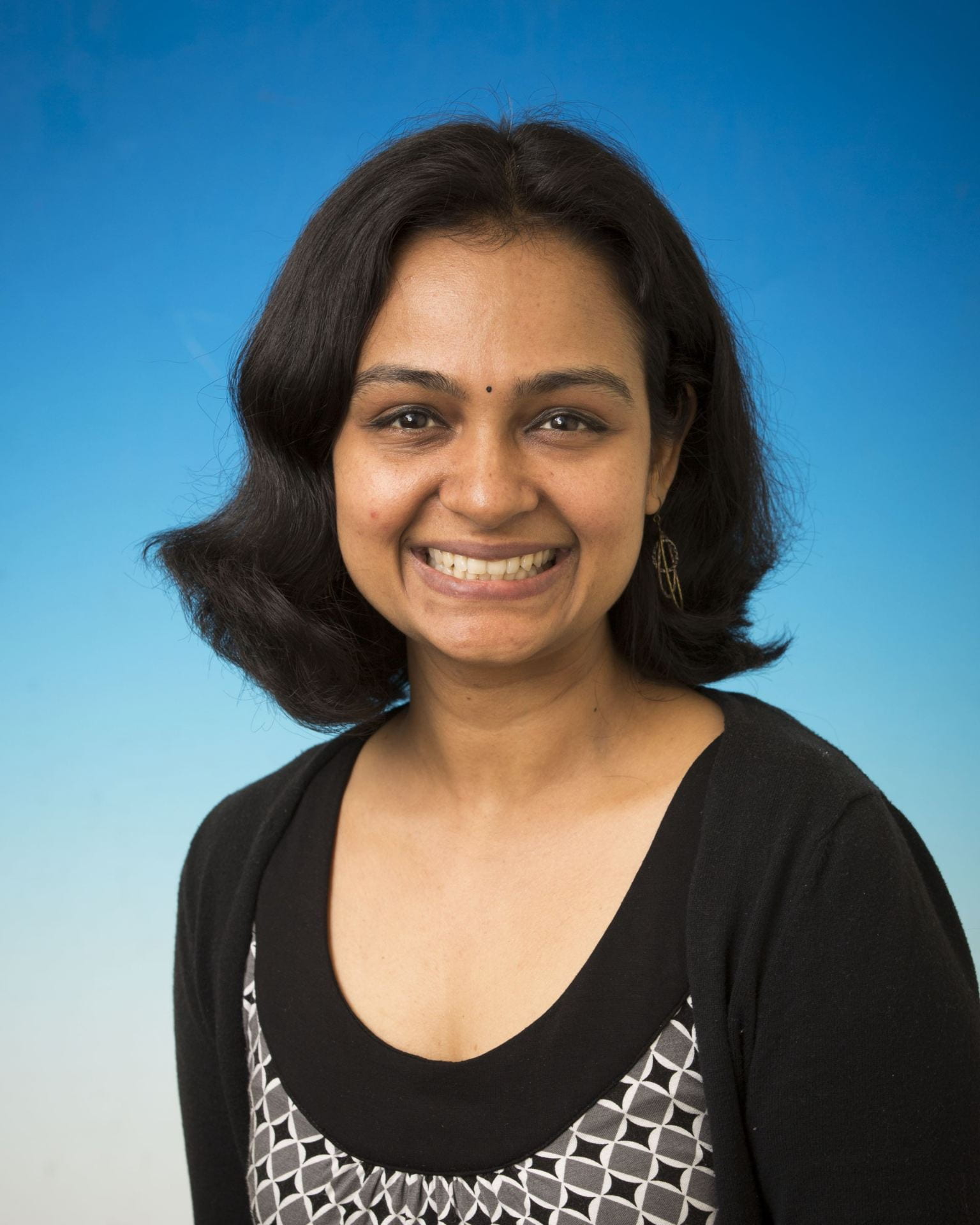
Priya Subramanian
University of Auckland
Exploring pattern formation
Tuesday 10 December: 9:10-10:00
A wide array of physical systems spanning atomic to atmospheric scales, including many we encounter in daily life as physical, chemical or biological systems, display a variety of the same regular repeating patterns, e.g., stripes, squares, hexagons, etc. How are such diverse systems able to organise into the same ordered structures? Does the display of a particular pattern at the large scale inform us of structural/physical restrictions at a smaller scale? Questions like these motivate the investigation of patterns as an entity independent of the specific system in with they arise.
The study of pattern formation concerns itself with developing a range of tools to model and analyse minimal mechanisms and then to characterise the obtained patterns, irrespective of any particular application. It borrows methods and tools heavily across multiple areas of mathematics, such as partial differential equations, dynamical systems and numerical computing.
My talk will start with the idea of how to model a prototypical pattern-forming system and then to analyse the possible patterns that can arise within it in two and three dimensions. I will then explore some of the limitations of this model and what ingredients can be added to allow more complicated patterns to arise, e.g., superlattice patterns and quasipatterns. The rest of my talk will focus on my use of two new connections within mathematics that help explore and classify patterns. The first is the use of computational algebraic geometry to obtain all equilibria with a chosen symmetry. The second is the use of topological data analysis to characterise obtained patterns quantitatively.
Inspired by watching Star Trek, Priya Subramanian completed her PhD in Aerospace Engineering in 2012 at the Indian Institute of Technology Madras. She later moved to research fellowships at the Max Planck Institute for Dynamics and Self-Organisation (2012-2015), University of Leeds (2015-2019) and University of Oxford (2019-2021) before moving to Auckland as a Senior Lecturer in the Department of Mathematics in 2021.
Her research interest is to identify minimal mechanisms that enable the emergence of multi-dimensional patterns with desired properties. In the past she has looked at temporal patterns arising in thermoacoustics, spatio-temporal patterns arising in transitional flows, spatio-temporal patterns arising when organelle filaments move on motility assays and complex spatial patterns that arise during crystallisation of soft matter.

Katharine Turner
Australian National University
A new computational paradigm for computing the persistent homology of Rips filtrations
Tuesday 10 December: 10:30-11:20
Given a point cloud in Euclidean space and a fixed length scale, we can create simplicial complexes (called Rips complexes) to represent that point cloud using the pairwise distances between the points. By tracking how the homology classes evolve as we increase that length scale, we summarise the topology and the geometry of the “shape” of the point cloud in what is called the persistent homology of its Rips filtration.
A major obstacle to more widespread take up of persistent homology as a data analysis tool is the long computation time and, more importantly, the large memory requirements needed to store the filtrations of Rips complexes and compute its persistent homology. We bypass these issues by finding a “Reduced Rips Filtration” which has the same degree-1 persistent homology but with dramatically fewer simplices.
The talk is based off joint work is with Musashi Koyama, Facundo Memoli and Vanessa Robins.
Katharine Turner is an Associate Professor in the Mathematical Sciences Institute (MSI) at the Australian National University (ANU), and a member of the new Mathematical Foundations of Data Science Centre within MSI. After graduating from her PhD at the University of Chicago in 2015, she did a postdoc at EPFL in a joint position between the Mathematical Statistics group and the Laboratory for Topology and Neuroscience, and in 2017 moved to ANU.
Ass/Prof Turner is interested in solving fundamental problems that arise in the search for structures within data. Collecting data and discovering interrelations between them is a traditional part of science, but with the advent of information technology, it is easy to collect massive data sets in which each sample is complicated (e.g., a set of MRI scans corresponding to different patients) and comparison of the raw data is prohibitive. Instead, we wish to represent each sample by features that describe its shape and the multi-scale structures within it.
A surprisingly successful approach is to adapt tools from the pure mathematical area of algebraic topology – creating the field of topological data analysis in which Ass/Prof Turner is an expert. She is interested in all stages of the topological data analysis pipeline but particularly focuses on proving the mathematical foundations needed for the statistically rigorous analysis of topological features. Ass/Prof Turner also formulated a new paradigm for statistical shape analysis which has led to a new subfield in topological data analysis studying directional transforms.
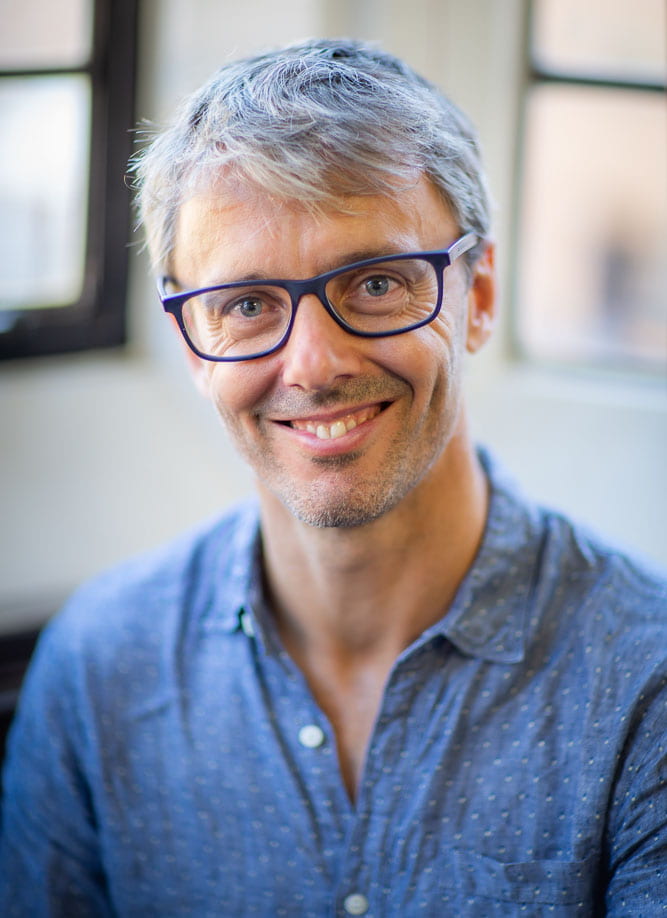
Geordie Williamson
University of Sydney
Searching for interesting mathematical objects with neural networks
Thursday 12 December: 9:10-10:00
Finding proofs and finding examples are critical parts of the mathematical process. Over the last few years there has been enormous effort in academia and industry to try to use AI to discover proofs. The focus of my talk will be different: can we use AI to find interesting examples?
I will focus on three different areas where AI has proven useful: extremal combinatorics, combinatorial geometry and knot theory. I will explain the role played by the neural network in each search task. A common theme is that although the neural network improves search in every example (and in several cases allows one to discover the best known examples), the effect is often subtle and interesting. By looking at several examples in parallel, I hope to give a sense of where neural networks might help the mathematician interested in finding new phenomena using computers and AI.
This is joint work with lots of people: the extremal combinatorics work is joint with Charton, Ellenberg and Wagner. The knot theory work is joint with Charton, Narayanan and Yacobi, and the combinatorial geometry work is joint with Davies, Gupta, Racanière, Swirszcz, Weber and Wagner.
Geordie Williamson is Professor of Mathematics at the University of Sydney and inaugural Director of the Sydney Mathematical Research Institute (SMRI). His major research interests are in algebra, geometry, representation theory and machine learning, and he has collaborated with artificial intelligence lab DeepMind on the growing potential of AI to enhance mathematical creativity.
Geordie studied mathematics at the University of Sydney and completed his PhD at the University of Freiburg, Germany. After several years spent working as a mathematician overseas, Geordie returned to the University of Sydney in 2017. In 2018 he co-founded SMRI, the first mathematical research centre in NSW.
In 2018, Geordie was elected as a Fellow of the Australian Academy of Science and the Royal Society of the United Kingdom. He has been awarded with four major international mathematics prizes and the 2022 NSW Premier’s Prize for Excellence in Mathematics.

We are grateful to our sponsors
Conference Sponsors
The Kalman Trust
Department of Mathematics, University of Auckland
Faculty of Science, University of Auckland
Pacific travel scheme sponsors
Faculty of Science, University of Auckland
Pro-Vice Chancellor Pacific, University of Auckland
Te Pūnaha Matatini